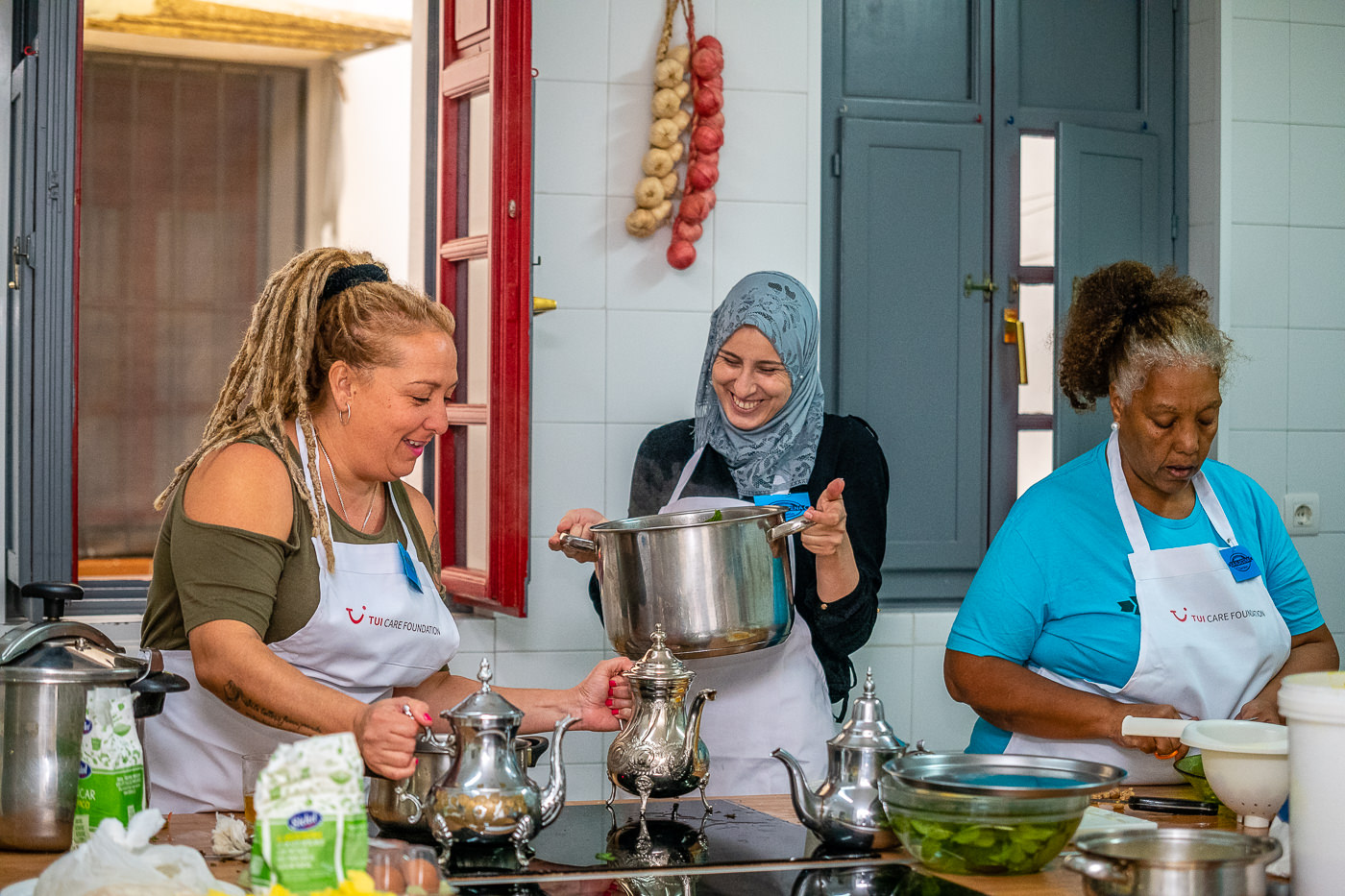
Málaga is one of the most popular holiday destinations in the Spanish region of Andalusia that provides employment up to 20.5 percent of the labour force in the region, However, women have barely gained from these developments. As in many destinations worldwide, the labour force in Málaga is highly gendered and women are far behind in agency. This situation is particularly visible in the adjoined working-class neighbourhoods of Trinidad and Perchel which suffers by high unemployment rates (in total 62,3% in 2014) with 10% higher unemployment for women.
Recently, women from Trinidad and Perchel have established their own association, called ‘La Alacena del Corralón’. As part of their activities, to generate income, they organise gastronomic activities in 19th century residential communities, called 'Corralones', every June and December. In order to further improve the socio-economic position of these women, Saxion University of Applied Sciences, in close collaboration with the Municipality of Málaga, the gastronomic club ‘Kilómetro 0’ and with financial support from TUI Care Foundation, initiated the gastronomic heritage tourism project ‘Flavours of Málaga’.
The aim of this initiative is to enable socio-economic empowerment of 50-70 women and their families in Trinidad and Perchel by offering sustainable gastronomic heritage products and activities for the tourism industry. The following four mains aims are derived from and based on this project’s aim in the long run (5-10 years):
1. Increase women’s participation in the workforce and reinforce their socio-economic position.
2. Advance women’s entrepreneurial skills and leadership position through trainings and workshops.
3. Improve the livelihood of the wider local community through sustainable business developments
4. Provide an exemplary connection between women’s empowerment strategies and sustainable tourism development as pillars of urban development in vulnerable areas.
